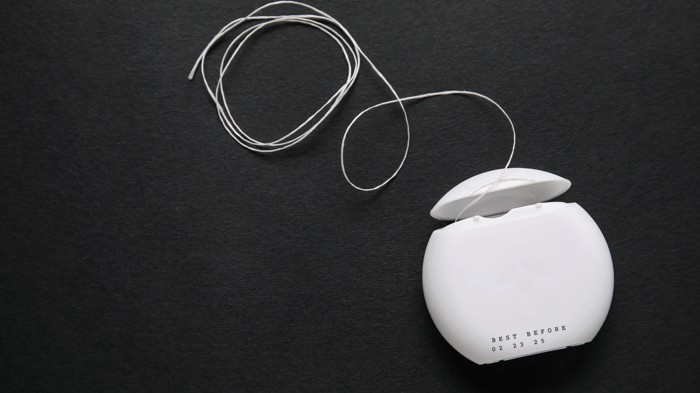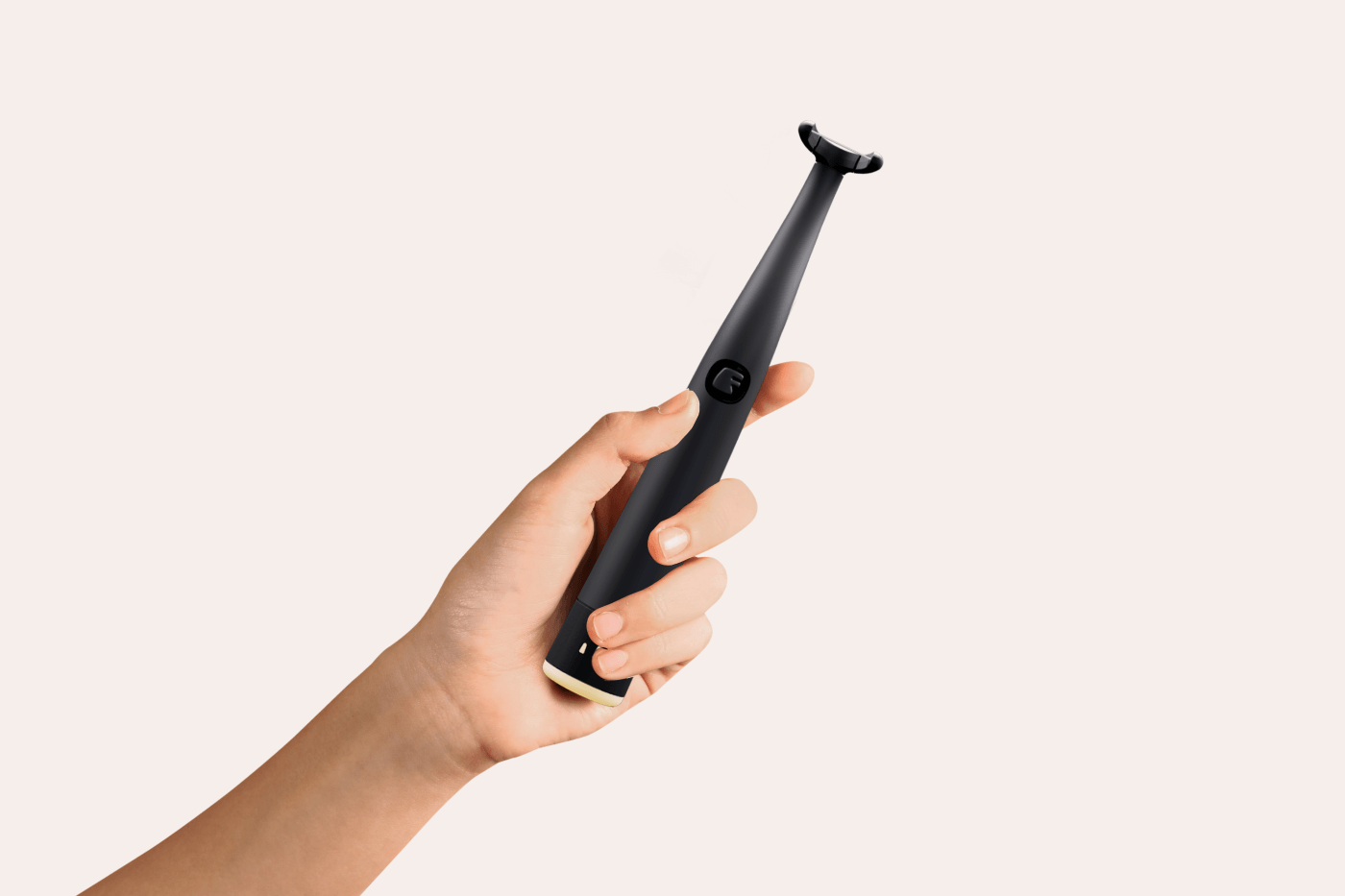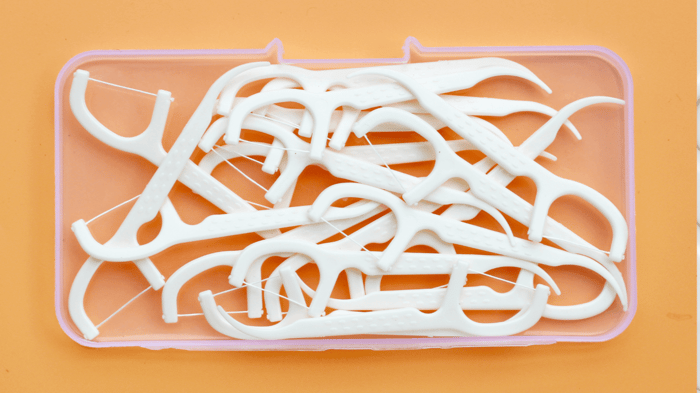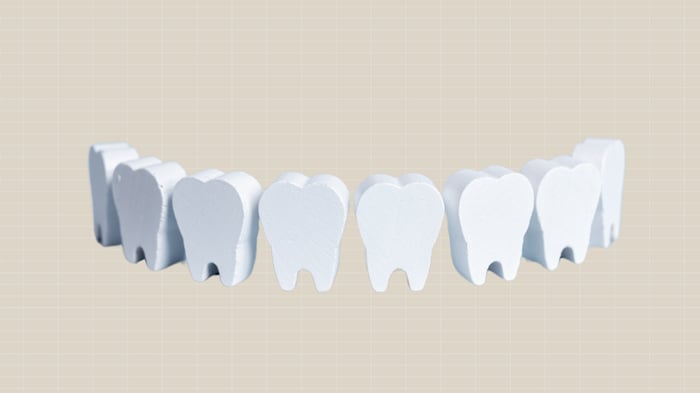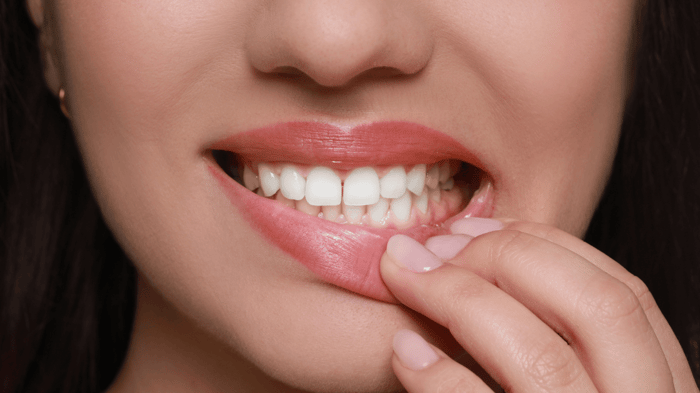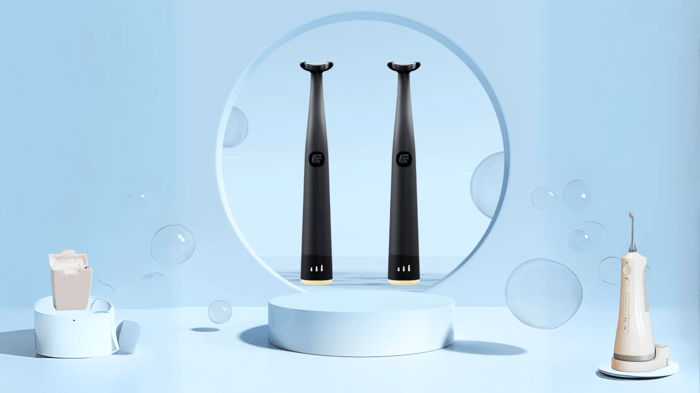Have you ever paused midway through flossing to wonder why that tiny spool of thread in your hand has an expiry date? It's not food or medication, so what gives? In this blog post, we'll unravel this quirky mystery of why does dental floss expire? Whether you're a curious consumer or a hygiene maven interested in the science of everyday items, this exploration into the little-known side of dental care might make your next flossing session more intellectually stimulating. So gear up and join us as we navigate the surprisingly intriguing world of dental floss and its journey from production to your bathroom cabinet.
So why does dental floss expire? Dental floss typically has an expiration date because over time, the wax and string can degrade, leading to fraying of the floss. Additionally, any flavoring agents present in the floss may break down over time, affecting the taste. While using expired dental floss may not make you sick, it becomes less effective and may have an unpleasant taste. Therefore, it is recommended to follow the expiration dates on dental floss for optimal effectiveness.
Dental Floss Fundamentals
To truly understand why dental floss expires, it's essential to grasp the fundamental role this thin thread plays in maintaining oral hygiene. Regular flossing is a crucial component of dental care, helping to remove plaque and food particles that brushing alone cannot reach. By gliding between teeth and along the gumline, floss aids in preventing cavities, gum disease, and controlling bad breath.
Think of dental floss as a superhero for your teeth, swooping in to save the day by eliminating the hidden villains lurking between your pearly whites.
Familiarizing ourselves with the fundamental aspects of dental floss allows us to appreciate why this small tool requires an expiration date. Now, let's explore the different varieties of dental floss available on the market and how they cater to various needs.
Varieties of Dental Floss
Dental floss comes in an array of types to suit individual preferences and specific dental needs. Here are some common varieties you might encounter:
- Nylon Floss: This traditional and widely used floss is made of nylon filaments that provide flexibility and durability. It comes in both waxed and unwaxed versions.
- PTFE Floss: PTFE (polytetrafluoroethylene) floss is made from a high-performance material that easily glides between teeth without shredding or fraying. It works well for individuals with tight spaces or braces.
- Flavored Floss: To make daily flossing more enjoyable, many brands offer flavored options such as mint, cinnamon, or fruit. The pleasant taste can encourage regular use.
- Woven Floss: Woven floss consists of multiple strands woven together for increased strength and effectiveness in cleaning hard-to-reach areas.
- Dental Tape: Dental tape is broader and flatter than traditional floss, making it suitable for individuals with wider gaps between their teeth.
- Floss Picks: Floss picks combine a short piece of floss with a handle, making them convenient for on-the-go use or for people who struggle with traditional flossing techniques.
- Electric Flossers: Electric flossers, like Flaus, use sonic vibrations and real dental floss to make flossing as quick, easy and comfortable as using your electric toothbrush.
- With this knowledge of the different types of dental floss available, we can now dive deeper into understanding why dental floss has an expiration date and what happens as it reaches its expiry.
Exploring Dental Floss Expiration
You may have noticed that dental floss often comes with an expiration date printed on the packaging. This might leave you wondering why dental floss expires in the first place. While it may seem peculiar for a simple string-like product to have a shelf life, there are valid reasons behind it.
Imagine this scenario: You browse through your bathroom cabinet one day and stumble upon an old pack of dental floss tucked away in the corner, way past its expiration date. Curiosity piques your interest, and you wonder if it's still safe to use. After all, what harm can expired dental floss really do?
To understand more about dental floss expiration and its implications, let's delve deeper into the concept of analyzing quality over time.
Analyzing Quality Over Time
Have you ever wondered how effective dental floss remains as it ages? Let's consider this analogy: Imagine you have a loaf of bread. Freshly baked, it's soft and pliable – perfect for making sandwiches. As time passes, however, the bread becomes stale and brittle. Similarly, dental floss has certain components that can degrade over time.
Dental floss can be coated with wax to help ease the process of sliding it between teeth. The wax coating provides lubrication and enhances comfort during flossing. But as time progresses and the wax degrades, the thread can start to fray or become less effective at gliding smoothly between your teeth.
Moreover, many floss is flavored with mint or other additives to provide a refreshing sensation during use. These flavors can also break down over time, resulting in an unpleasant taste or loss of freshness.
Suppose you come across a pack of expired dental floss that was mint-flavored. If used, you might notice that the mint flavor is faint or completely gone, taking away the refreshing experience you might expect. Additionally, the fraying thread could lose its integrity, making it more prone to breakage and less effective in removing debris and plaque from between your teeth.
While using expired dental floss may not make you sick or cause immediate harm, it's important to recognize that its effectiveness diminishes with time. So, is there anything else we should be aware of when it comes to using expired dental floss? Let's find out in the next section.
- Studies have shown that the efficacy of dental floss with added antimicrobial agents can degrade by 10-25% over a two-year period, potentially rendering them less effective at preventing gum disease.
- Research published in the Journal of Periodontology found a significant decline (around 18%) in plaque removal efficiency when dental floss was used beyond its expiration date compared to using fresh dental floss.
Effects of Using Expired Dental Floss
Using expired dental floss may seem harmless, but it can have some unintended consequences. One of the primary effects is a reduction in effectiveness. Over time, the wax coating on the waxed floss can degrade, causing the string to fray or break more easily. This compromises its ability to effectively remove plaque and food debris from between your teeth. Additionally, the mint flavor that is often added to dental floss may also break down over time, resulting in a less pleasant taste and potentially making the flossing experience less enjoyable.
Moreover, using expired dental floss might not provide the same level of protection against gum disease and cavities as fresh dental floss does. The frayed or weakened string may find it difficult to clean hard-to-reach areas properly, allowing plaque buildup to persist. This can lead to an increased risk of gum inflammation, bad breath, tooth decay, and even more serious oral health issues if left unaddressed.
It's important to note that using expired dental floss will not make you sick or cause any immediate harm. However, it's crucial to prioritize your oral health by ensuring you are using fresh and effective dental products. Regularly replacing your floss with a new one can help maintain optimum oral hygiene and minimize potential risks associated with using expired floss.
Implications of Ignoring Expiration Dates
Now that you know why dental floss expires - you also know that ignoring expiration dates on dental floss can have some implications for your oral health. Neglecting these dates means that you may continue using ineffective dental floss that no longer provides optimal cleaning and protection against gum disease and cavities.
By disregarding expiration dates, you may unknowingly compromise your oral hygiene routine. This could result in an accumulation of plaque between teeth and along the gumline, contributing to tartar formation and ultimately leading to gum disease or periodontitis if left untreated.
Furthermore, ignoring expiration dates on dental floss can also impact your overall oral health management. Regular flossing helps control bad breath by removing trapped food particles that contribute to foul odors. By using expired floss, you may not effectively eliminate these particles, leaving you with persistent bad breath.
To ensure you are maintaining the highest possible standard of oral hygiene, it is crucial to pay attention to the expiration dates on your dental floss. By doing so, you can stay proactive in preventing oral health problems and maintain a fresh and effective flossing routine.










